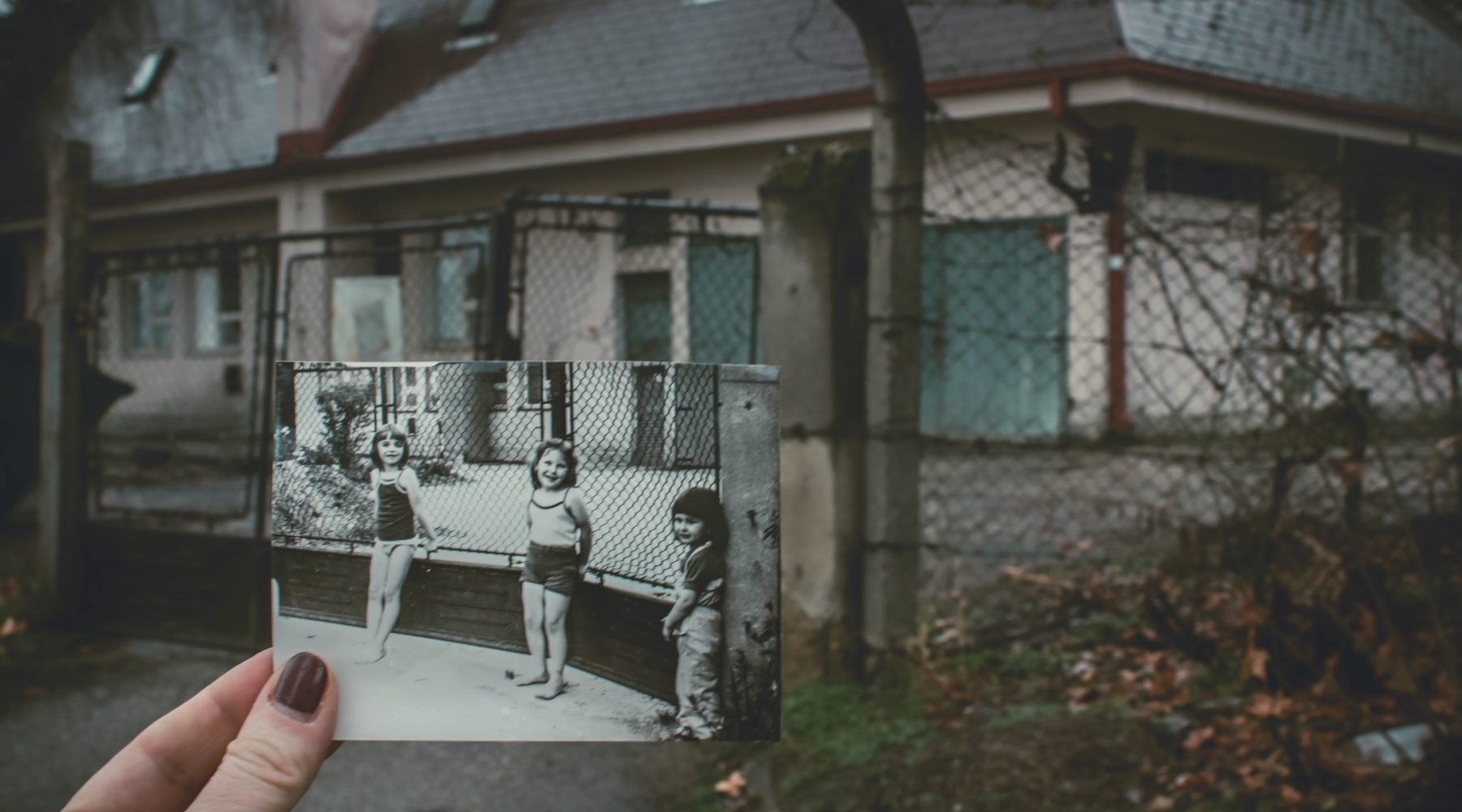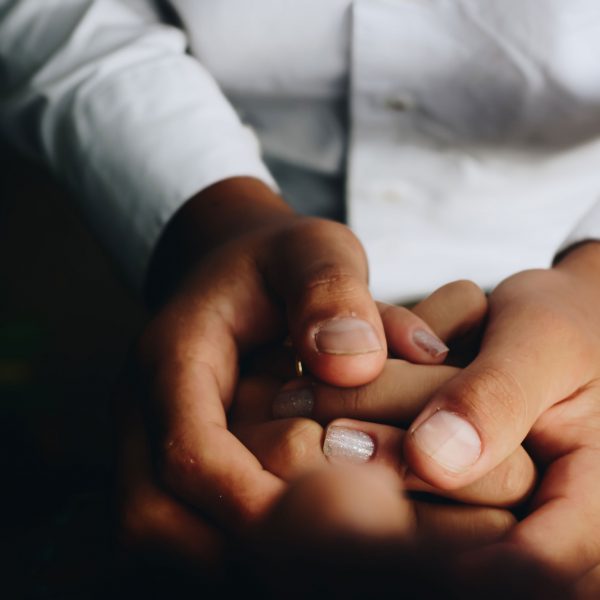Children’s memories are built and shaped by the audience they share them with

A Halloween event in Sydney has helped Macquarie University researchers learn more about children’s memories, and how these are affected by who they are talking to about them.
A group of researchers, led by Penny Van Bergen, studied 24 children who attended the Centennial Park event Spooks in the Park in 2018 to test how well children recalled an event, and, more specifically, who they ‘remembered better’ with; parents or siblings.
Through their research, they discovered the key to developing detailed childhood memories depended on two factors: who a child is talking to in the aftermath of an event, and whether that conversation involved the child answering questions.
Parents in the study encouraged dialogue, Dr Van Bergen found, by asking ‘why, what and where’ questions – known as a child-centred approach – enabling children to remember more elaborate details of a past event.
This child-centred process, she said, gave children the opportunity for “abundant childhood memories” as they age.
In contrast to their parents, older siblings used a collaborative approach, asking fewer questions, instead telling their younger sibling what their interpretation was, leaving less space for the younger child to consolidate their own recollections.
“The implications are that children remember different amounts of information depending on who their conversational partner is,” Dr Van Bergen said.
The study involved 12 families of four, with children aged between three and 10 years of age, each of whom attended the Halloween event. The event involved the families visiting eight themed stations such as ‘Splat the bat’ and ‘Vampire run’ dotted throughout an orienteering trail.
Three weeks later conversations about the stations, between different conversational partners, were analysed. An example of a conversation with an older sibling was:
[Sibling] He helped us cross the road.
[Child] And then… I think it was… [Sibling] I know, you had to throw this ball I think.
[Child] Oh yeah, it was you had to throw a hula hoop.
By contrast, a parent recalling the same event with a child was:
[Mother] Were you feeling scared at all?
[Child] [non-verbal response].
[Mother] No? You were rushing to get into the maze, not scared at all! Very excited to play.
[Child] Yeah, because it’s a maze.
With further study, researchers said, this information may help inform teachers working with mixed-age or mixed-ability groups.
Dr Van Bergen noted the study may also be useful in criminal contexts as it “contributes to a growing body of work showing that children may remember different amounts of information about an event with different conversational partners.”
To read the original coverage of this article produced by Macquarie University, please see here.
Popular

Policy
Practice
Provider
Quality
Research
Workforce
Beyond the headlines: celebrating educators and the power of positive relationships in early learning
2025-07-07 10:00:24
by Fiona Alston

Workforce
Policy
Quality
Practice
Provider
Research
ECEC must change now, our children can’t wait for another inquiry
2025-07-02 07:47:14
by Fiona Alston

Workforce
Quality
Practice
Provider
Research
Beyond the finish line: Championing child protection one marathon at a time
2025-07-08 09:15:32
by Fiona Alston













